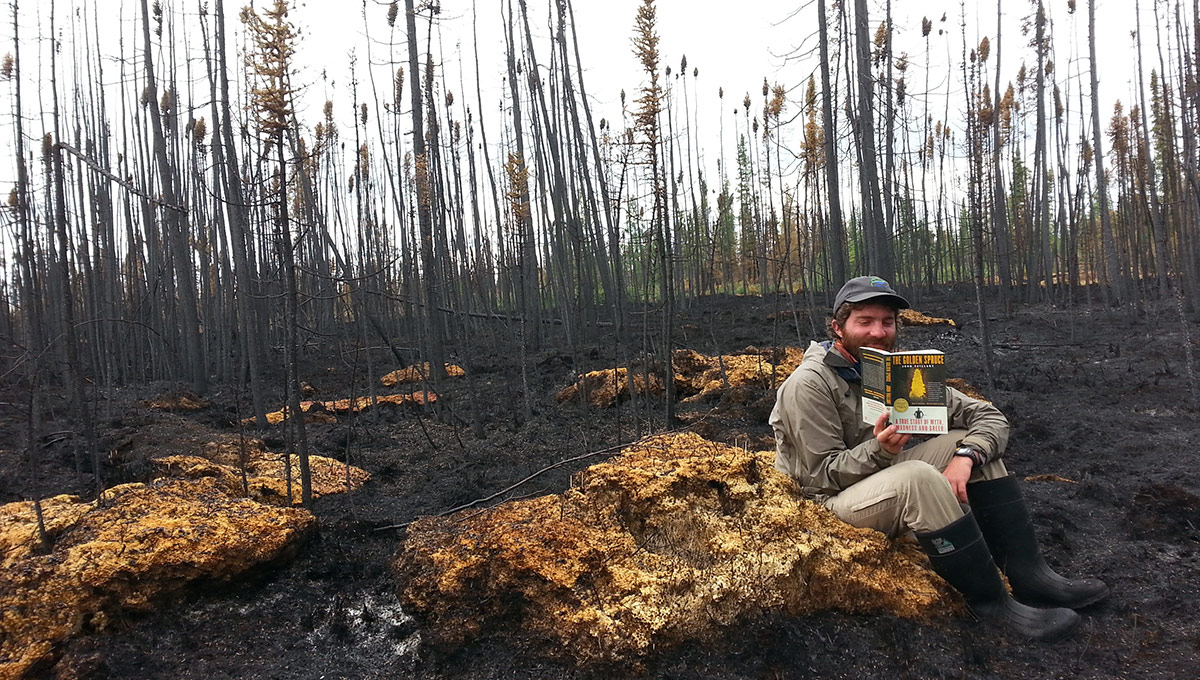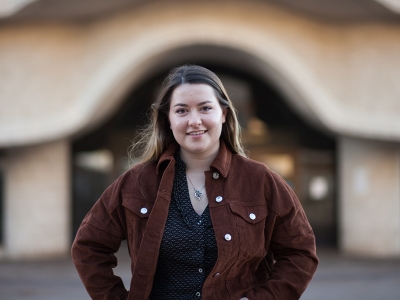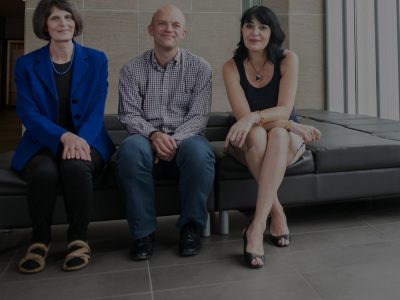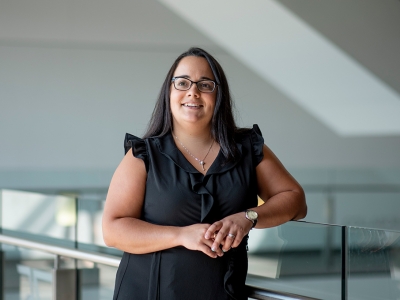By Dan Rubinstein
Photos by Lankika Ellepola and Liam Harrap
Carleton Master of Journalism student Liam Harrap doesn’t do shortcuts.
He spent seven years chipping away at a bachelor’s degree in English Literature and Biology at the University of British Columbia — a “scenic route” that included five summers working as a government biologist in his native Alberta and a year studying Arctic biology in Norway.
After graduation, Harrap and UBC schoolmate/childhood friend Jake Alleyne walked out of their front doors in Jasper, Alta., and skied, snowshoed and hiked along the Continental Divide for eight months until they reached the Mexican border. “Technically, I went farther than Jake,” says Harrap, “because my house is farther north.”
Now in the middle of his two-year graduate program at Carleton, Harrap is planning to return to Alberta to work on an in-depth article about the ecological impact of oil and gas industry seismic lines in the northern part of the province — a Master’s Research Project supported by the $2,000 he will receive as inaugural winner of the G. Stuart Adam Graduate Award in Journalism.
“Liam tackles every assignment with enthusiasm,” says Janice Tibbetts, who taught him introductory reporting in Carleton’s journalism “boot camp” class last fall.
“He is a free spirit who doesn’t take himself too seriously, wears shorts in winter, bakes bread for his classmates and is always up for a laugh. I am sure the award will help fund superb research on a compelling topic.”
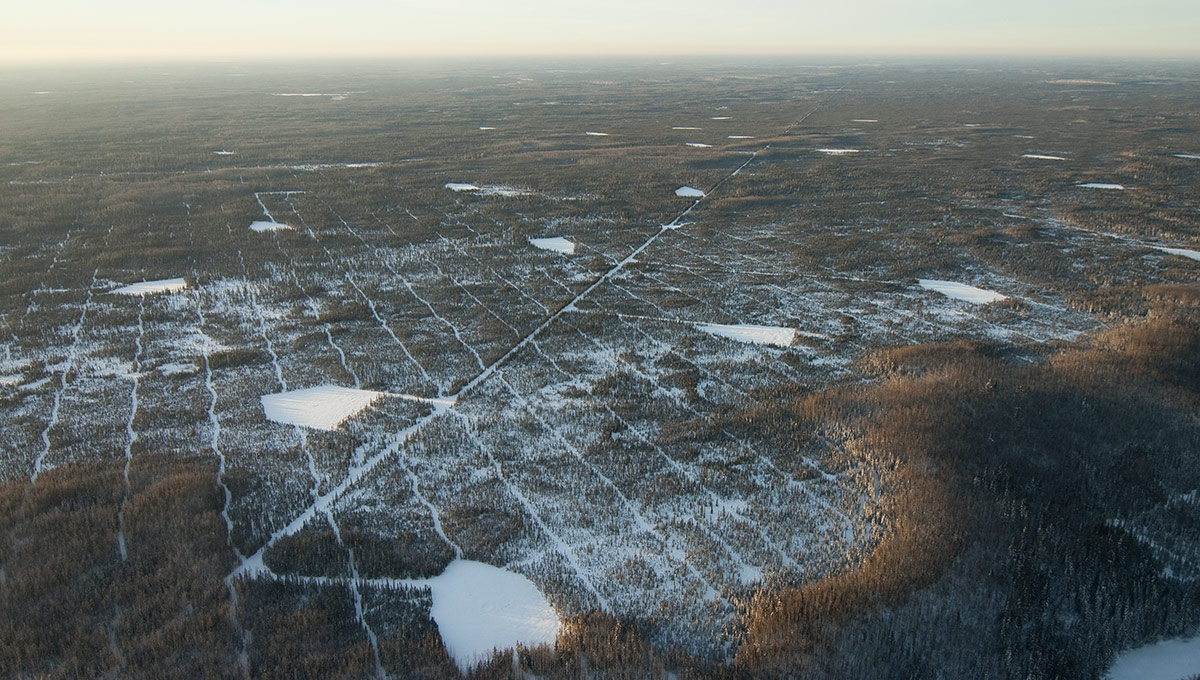
Impact of Oil Made
Evident by Seismic Lines
Alberta is crisscrossed by hundreds of thousands of kilometres of seismic lines that are cut and cleared of trees and vegetation by energy companies, which probe the earth for oil and gas by creating shock waves that help them map subsurface geological formations.
But until Harrap flew over a swath of boreal forest in a helicopter during one of his summer stints with the Alberta Biodiversity Monitoring Institute — and saw strip after strip of denuded land several metres wide, running from horizon to horizon — he didn’t have a sense of their pervasiveness.
“I had lived in the province for most of my life, but I was really shocked to see so much of the landscape sliced and carved up,” recalls Harrap, who grew up hiking, biking, skiing, climbing and backpacking in the Rockies with his father.
“If you look at a map of northern Alberta, you only see a few roads. But that’s a false picture, because seismic lines — as well as pipelines and transmission lines — are everywhere.”
Scientists know that seismic lines impact wildlife such as caribou, which tend to stay at least 500 metres away — a major encroachment on the habitat of this endangered species. The lines also change predator-prey dynamics by introducing grassy vegetation, which draws elk and deer, and by serving as travel corridors for bears and wolves. And because of the short northern growing season, it takes about 70 years for seismic lines to be reclaimed by forest.
Harrap will spend a week conducting interviews and taking photos in northern Alberta in August or September for his project. He plans to talk to environmental researchers, as well as energy industry representatives. Roughly 60 per cent of jobs in northern Alberta are rooted in the oil and gas sector, and the economic and policy angles are an important part of his story.
“I want to talk to all types of people, even trappers who have had their lines disturbed by seismic activity,” he says. “I want many voices from people connected to the practice.”
With skills and experience from classes and assignments completed during his first year at Carleton — including stories about birds, the emerald ash borer and others with a focus on the natural world — Harrap feels he’s ready to take on this challenging project.
“I may have an environmental bias and background,” he says, “but these issues should matter to all Canadians.
“If we are going to support certain types of industry, we should know the extent of its impact on the land so we can make informed decisions.”
Ultimately, Harrap would like to get his article published in a mainstream magazine, and his underlying hope is that it informs the discussion about how companies search for and develop oil resources.
“Hopefully this piece will spur a push for change and make oil companies accountable to clean up after themselves,” he writes in the proposal he submitted for the G. Stewart Adam award.
“Canada is an oil country and we will continue to be for many years. However, that doesn’t mean we must stay ‘dirty.’ We can change our practices and implement a more sustainable system. It’s time we began looking after our own backyards and start protecting the boreal forest, the largest intact forest on Earth.”

G. Stuart Adam Graduate Award in Journalism
The G. Stuart Adam Graduate Award in Journalism is named after a Carleton journalism graduate and former Toronto Star, Ottawa Journal and CBC staffer who went on to serve as director of the journalism school, dean of Arts and vice-president (Academic) at Carleton. Adam remains active in teaching and research as a professor emeritus.
The award was launched through a successful FutureFunder campaign championed by Nik Nanos, the founder of Nanos Research, a member of Carleton’s Board of Governors and vice-chair of the board’s Community Relations and Advancement committee.
The financial support is intended to give outstanding Master of Journalism students the means to go out into the field, across Canada or abroad, to produce their capstone research project.
Nanos Research was established 30 years ago to ensure that corporations, government agencies and advocacy associations have access to reliable research that can be trusted, and Nanos wants the award to give students the resources they need to perform the same kind of sound research when reporting on topics that may affect public policy and opinion.
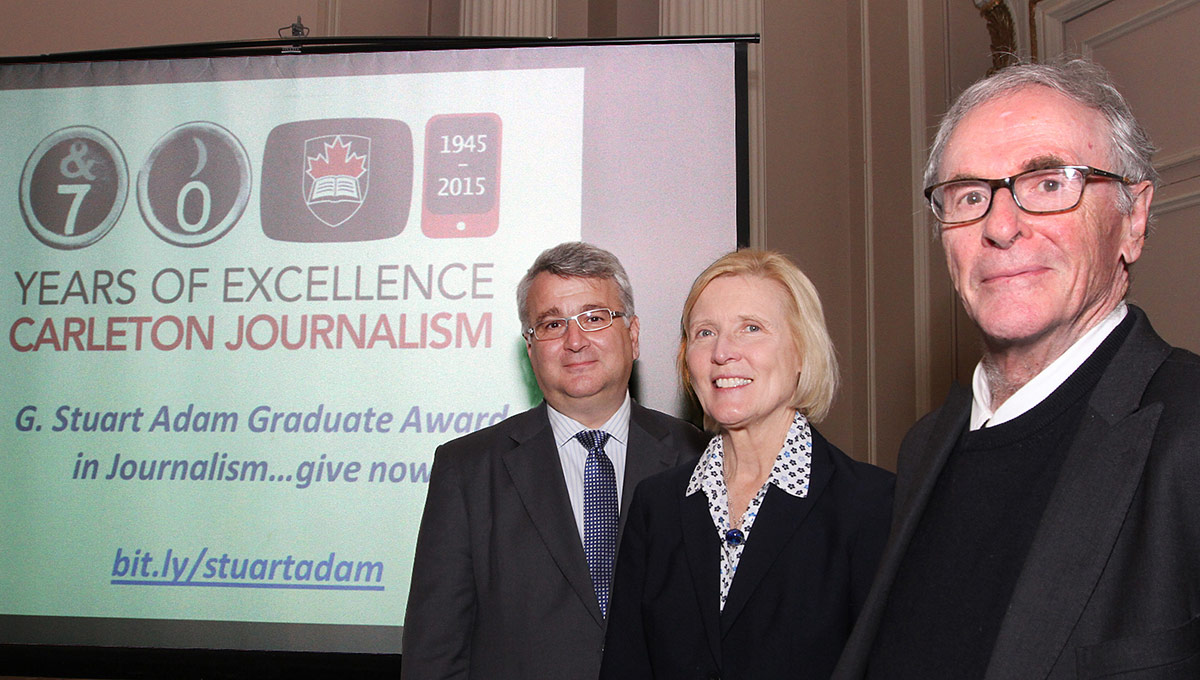
Nik Nanos, President Roseann Runte and G. Stuart Adam gather at an event celebrating 70 years of Journalism at Carleton.
“As someone who interacts with journalists every day, I have a significant amount of respect for them personally and for the importance of their profession,” he says. “The idea of a student award at the School of Journalism with a research focus was a good fit and I was very happy to champion it — to personally go out and directly ask people to support the School of Journalism and student research.
“There’s more to research than sitting at a desk and looking up things on the Internet. Talking to people is critical, and this award will help the next generation of journalists go out into the field and learn first-hand how to interact with experts and do evidence-based reporting.”
In the previous decade, a lot of concerns about the state of the journalism industry focused on viable financial models. Today, the practice of journalism — ethics and honesty — is under threat. Good journalism, Nanos believes, is vital to healthy democracy.
“I’m a big believer in the fact that if you’re going to serve on a board, you should do something,” he adds, noting that other members of the Board of Governors — such as a Chair Chris Carruthers — have also stepped to support causes important to them.
“One of the outcomes of this process for me will be to tell other board members and people in the Carleton community how validating it is to raise funds for Carleton. I found that people responded very positively to what I was doing, and very positively to the School of Journalism. In every single case, people either supported the award or put me into contact with somebody who did.”
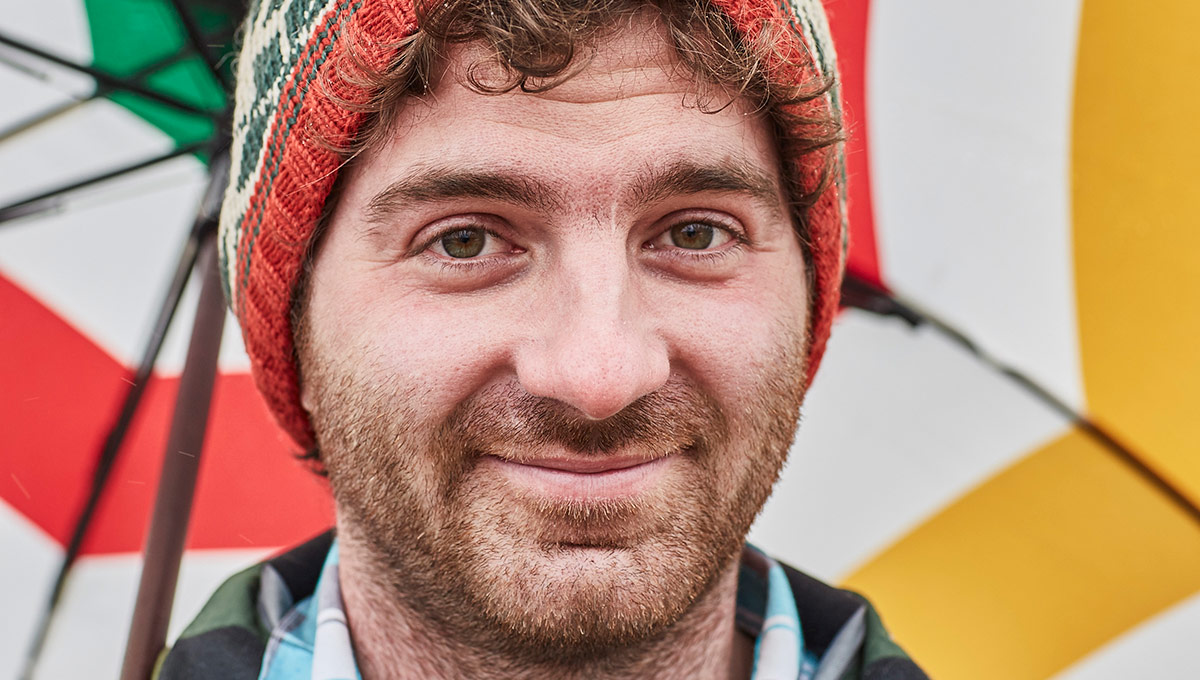
Taking Master’s Research
to New Places
Four other Master of Journalism students at Carleton have won graduate awards and will use the support to travel and report their master’s research projects:
- Marina Wang has won the Diane King Stuemer Award — named after the journalist, adventurer, philanthropist and Carleton journalism graduate — and will be investigating medical tourism in Medellin, Colombia, the self-proclaimed plastic surgery capital of the world.
- Brieanna Charlebois has won the Bill McWhinney Memorial Scholarship for International Development, which is named after the first executive director of CUSO and supports work on issues pertinent to the developing world. Charlebois will use the award to document youth “de-radicalization” programs in Pakistan, France and Canada.
- Maggie Parkhill has won the Harold A. Morrison Fellowship, which is named after one of the first graduates of Carleton’s journalism program, who went on to serve as a Canadian Press bureau chief in London and Washington, D.C. Parkhill will be examining whether the mentally ill and mature minors should be allowed to terminate their own lives under assisted dying legislation. The award will allow her to travel to the Netherlands, where policies on assisted dying are considered the world’s most liberal.
- Rachel Levy-McLaughlin is the inaugural winner of the Graduate Award in Political Reporting and will be examining the safety of sex workers in Canada in the wake of Bill C-36, passed in 2014, which criminalized purchasing sexual services but not selling sex.
Wednesday, April 12, 2017 in Environment and Sustainability, Graduate Students, Journalism and Communication
Share: Twitter, Facebook
